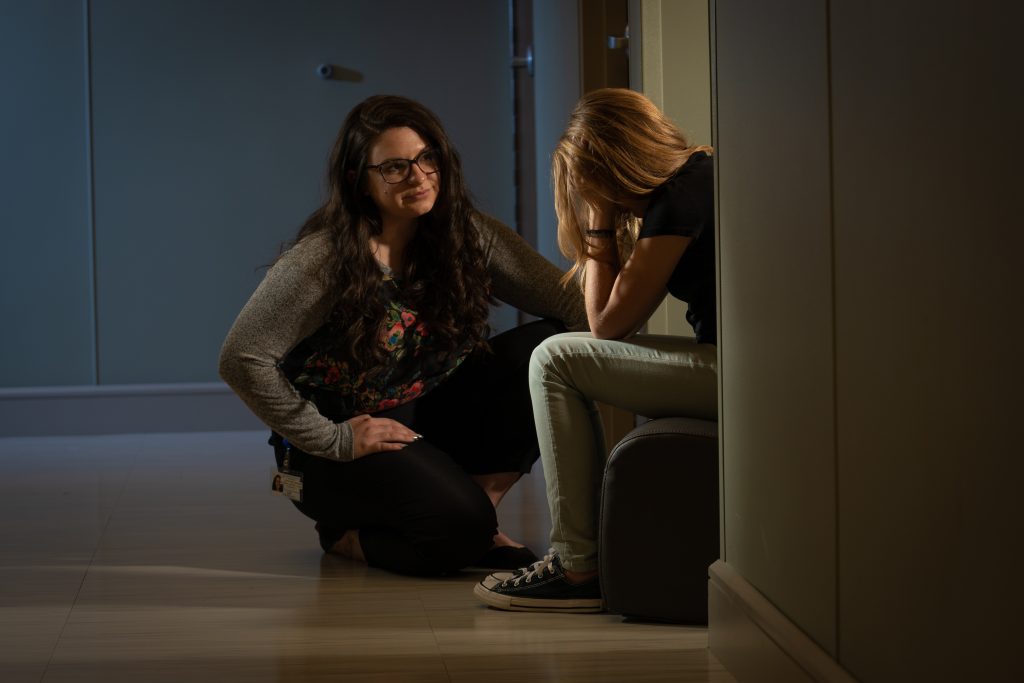
What can you do if your child is suffering from depression, grief, or other mental and emotional trauma? The answer depends on the situation, but it all comes down to one very important thing: awareness.
If we don’t listen and pay attention to how our kids behave and react to the world around them, it can be hard for us to tell when they really need help, or to know what kind of help to give them.
I know this challenge firsthand: while I may be an expert in child mental health and trauma recovery, there are definitely days when my teenage daughter would rather talk to anyone else but me. Sometimes, it can be hard not to take it personally, but I try to remember it’s part of my child growing up and learning how to be her own person.
However, I also know that issues like anxiety, depression, anger, and other mental and emotional challenges can lead to very negative outcomes for kids and teens if they aren’t addressed — and this risk is growing quickly, all across the U.S.
According to the CDC, 1 in 5 U.S. children will experience a mental-health issue this year. These issues have led to a 60% increase in suicide among 10- to 24-year olds since 2007, making it the second-leading cause of death among this group.
To put it simply: not caring about our kids’ mental health is not an option.
It’s true that when our kids shut us out, it can be tempting to throw up our hands and walk away, or try to console ourselves by claiming what they’re going through is “just a phase.” But that’s not the right response.
Instead, we must make sure our kids know they have access to helpful outside resources, including someone who’s willing to listen to them. And, as hard as it might be, we also have to acknowledge that sometimes that person isn’t us.
So while I don’t always worry when my daughter doesn’t want to discuss certain topics with me, I DO make sure she knows who she can safely talk to when she needs someone who will listen.
If you have kids or teens who are experiencing their own mental health challenges, please do your best to listen to them, be supportive, and help them find healthy coping mechanisms and positive escapism — which they need just like we do.
You can also help them by making sure they know they have access to trusted outside resources that they can call or text whenever they need to.
For a list of children’s mental health resources that you can share with your kids, please visit the resources page on our website.
Best,
Lisa Fox
CEO, The Bradley Center
